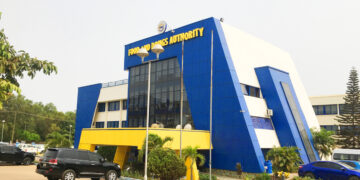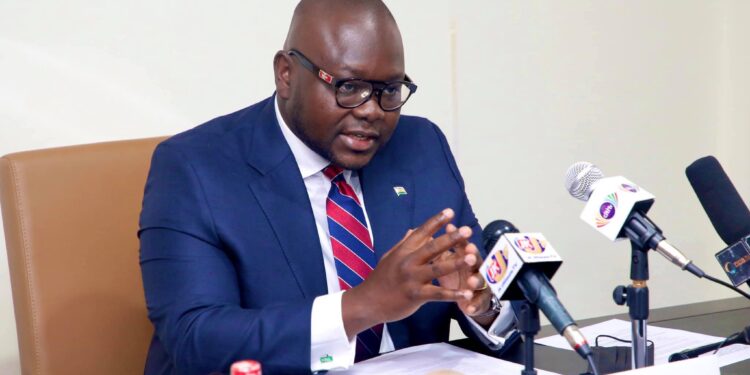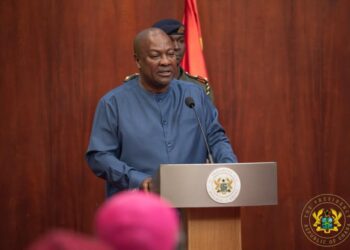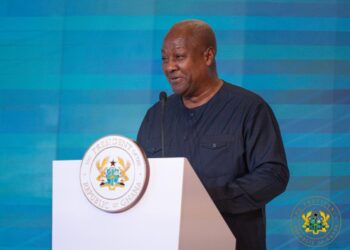Former Minister for Roads and Highways, Francis Asenso-Boakye, has pushed back against claims that President John Dramani Mahama’s plan to reintroduce road tolls through a digital system is a new initiative.
He insists that the groundwork for such a system was already laid by the previous New Patriotic Party (NPP) administration.
President Mahama, speaking at the 9th Ghana CEO Summit in Accra on May 26, announced that road tolls would soon be reinstated with a digital upgrade aimed at enhancing transparency, efficiency, and convenience.
He highlighted the integration of the new tolling system with the Ghana Card, noting that this innovation would eliminate long queues, reduce human interference, and improve revenue collection for national development.
However, in a Facebook post, Asenso-Boakye refuted the notion, arguing that the NPP government had already laid the foundation for a digitised tolling system, long before President Mahama took office in January this year.
He outlined four key reasons behind the NPP’s decision in 2021 to suspend manual toll collection:
- Low revenue generation, with toll booths yielding only about GH¢70 million annually.
- Severe traffic congestion and its environmental impact.
- Increased vehicle operating costs due to delays.
- Revenue leakages associated with manual toll collection.
He said, “Yesterday, President John Mahama announced plans to reintroduce road tolls through a digital system; and it was portrayed as a new, forward-thinking initiative aligned with Ghana’s digital transformation. While we acknowledge his recognition of the importance of digitizing the economy, a process championed by the NPP administration, it is essential to set the record straight. The fact remains that the groundwork for a digital road tolling system was laid by the NPP government well before President Mahama’ assumed office in January this year.”
Asenso-Boakye said the NPP government pursued a digital tolling model, building on existing digital infrastructure, including the Ghana Card and the Digital Address System.
According to him, in 2024, the Cabinet approved the reintroduction of tolls through a digital collection system, and this was announced in the 2024 Mid-Year Budget Review by the Finance Minister.
“In response, the NPP government, building on the solid digital infrastructure (Ghana Card and Digital Address System) it had put in place, pursued a modern, technology-driven solution. In 2024, Cabinet granted approval for the reintroduction of road tolls through a digital collection system, following a formal request by the then Minister for Roads and Highways. This policy shift was publicly confirmed in the 2024 Mid-Year Budget Review by the Minister for Finance. To ensure efficient execution and minimize bureaucratic inefficiencies, the Ministry adopted a Public-Private Partnership (PPP) model under the Public-Private Partnership Act, 2020 (Act 1039).”
Asenso-Boakye criticized the NDC government for abandoning the nearly completed process and reopening the procurement to other entities.
While acknowledging that every administration has the right to choose its approach, he expressed strong opposition to what he described as an attempt to take credit for a process already set in motion.
“Rather than continuing this well-advanced process, the new administration chose to truncate it. The current Minister has since announced plans to reopen the process to other entities. While we respect every administration’s right to choose its procurement approach, and recognizing the fact that every procurement method has its merits and limitations, we strongly object to any attempt to claim credit for an initiative that was already in motion. Let the record reflect this clearly: the digitization of road toll collection was conceived, structured, and set in motion by the NPP government. What is needed now is continuity—not revisionist claims or political repackaging. Ghanaians deserve leadership that builds on progress, not one that repurposes the work of others as their own.”





































